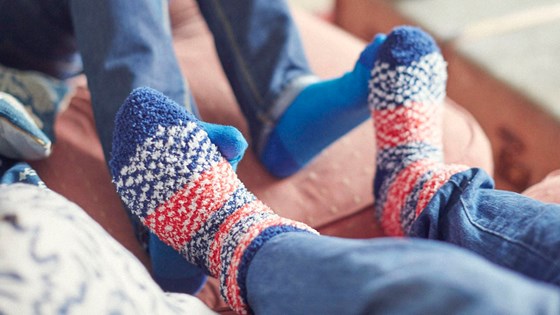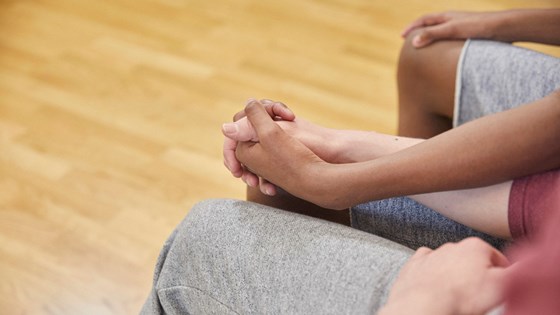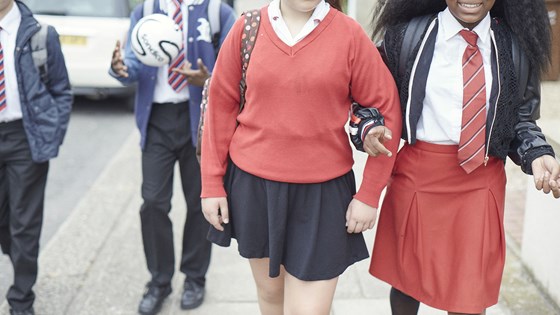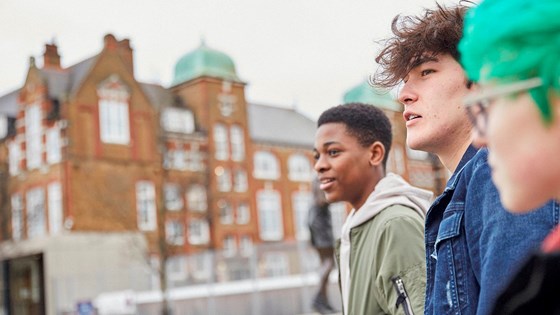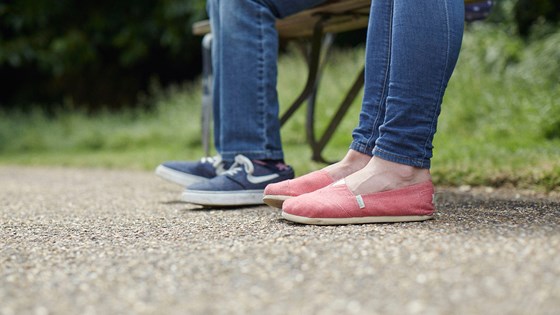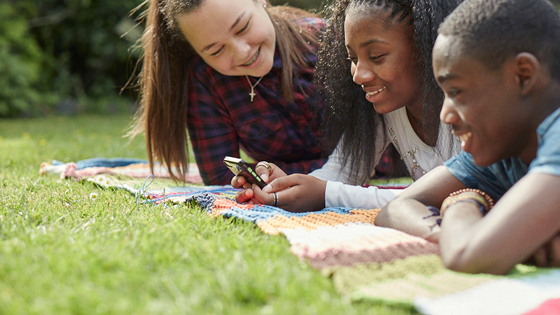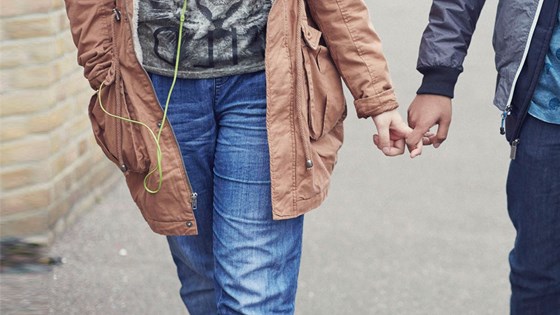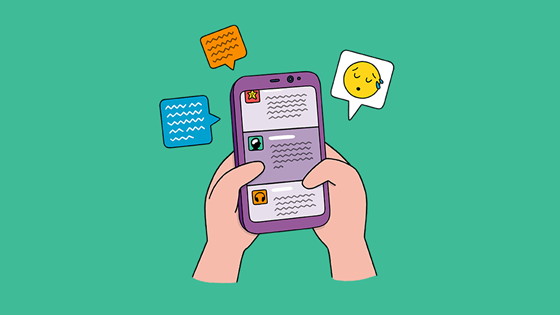
Sexuality
Trying to understand your sexuality can be confusing sometimes. If you’re struggling to cope or you’re not sure what to do next, we’ve got advice to help.
What is sexuality?
Sexuality is about who you’re attracted to. Everyone is different, so only you will know what your sexuality is.
It's natural to be confused about your sexuality or need time to work out who you are. Some people know who they’re attracted to from a really young age. For other people, it’s not so simple and can take a while to work out.
Your sexuality includes who you’re sexually and romantically attracted to, but these aren’t always the same:
- Sexual attraction
This is how physically attracted to someone you are, and whether you want to have sexual contact with someone - Romantic attraction
This includes whether you’d want to have a romantic or intimate relationship with someone
You might feel both romantic and sexual attraction to the same people or these might be different. People can also experience different amounts of attraction, for example an asexual/ace person might have little or no sexual attraction to other people.
However you’re feeling about your sexuality, you can talk to us.
5 things to remember about your sexuality:
- Sexuality isn’t a choice and is part of who you are
- It takes different people different amounts of time to understand their sexuality
- 'Coming out' is different for everyone, but it can get easier as you start to tell more people
- There are lots of different ways to describe sexuality
- Sexuality can change over time
Questioning your sexuality
It's natural to be confused about your sexuality or to need time to work out who you are. It's okay not to be sure.
Some people know who they’re attracted to from a really young age. For other people it’s not so simple and can take a while to work out.
If you’re not sure about your sexuality, you might:
- not be sure what it means if you ‘like’ someone
- be scared about how other people will react
- worry about what it means for your community or religion
- want to come out and tell people
- try to find a sexuality that ‘fits’ how you feel.
It might take some time to work out what your sexuality is. Remember there's no such thing as normal. And you don't have to feel pressured or rushed to give yourself a label.
However you’re feeling about your sexuality, we’re here to support you.
Watch: LGBTQ+ Stereotypes
Sex, relationships and dating
Relationships can be different to everyone, but the things that make up healthy relationships are the same no matter what your sexuality or gender identity is.
Watch: Secret LGBT+ Relationships
Coming out
Coming out is when you tell someone else about your sexuality. It can help people to feel less isolated and more able to cope with their feelings. But it can also feel risky or unsafe. Read our tips on coming out.
You can come out any time you feel comfortable, even if you’re still questioning or unsure about your sexuality. LGBTQ+ people usually don’t come out just once but will come out lots of times to lots of different people.
Watch: Ben Hunte talks about coming out
Bullying and discrimination
If someone treats you unfairly or badly because of you identify as LGBTQ+ then that’s discrimination.
Being discriminated against or bullied can have a big effect on you. It can make you feel lonely, anxious or like you’re different. It’s never okay to be bullied or discriminated against and if it happens it’s not your fault.
Bullying can include:
- calling you names or threatening to hurt you
- leaving you out of things
- asking you sexual questions
- using offensive language about LGBTQ+ people
- making jokes about you.
If you’re being bullied, we can help.


